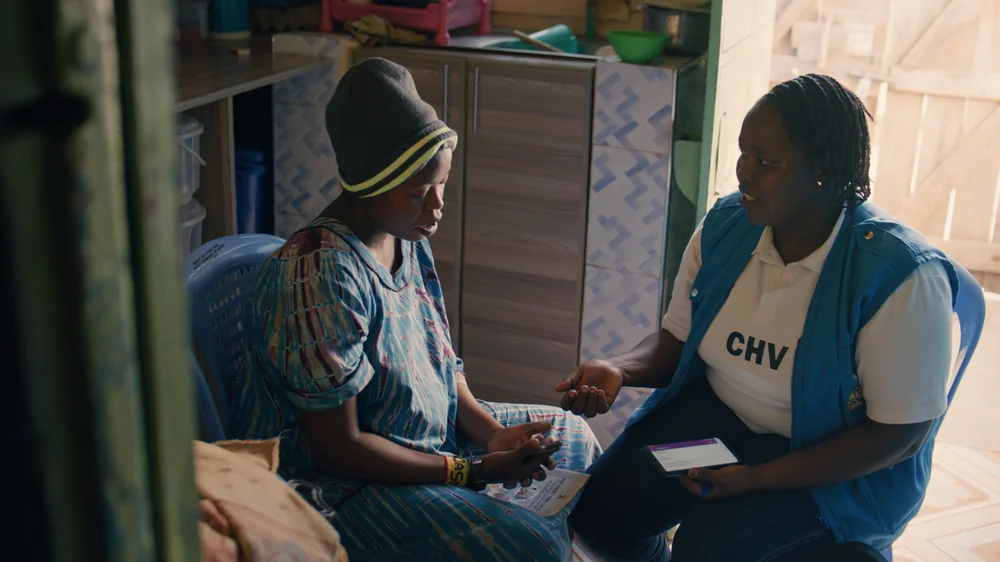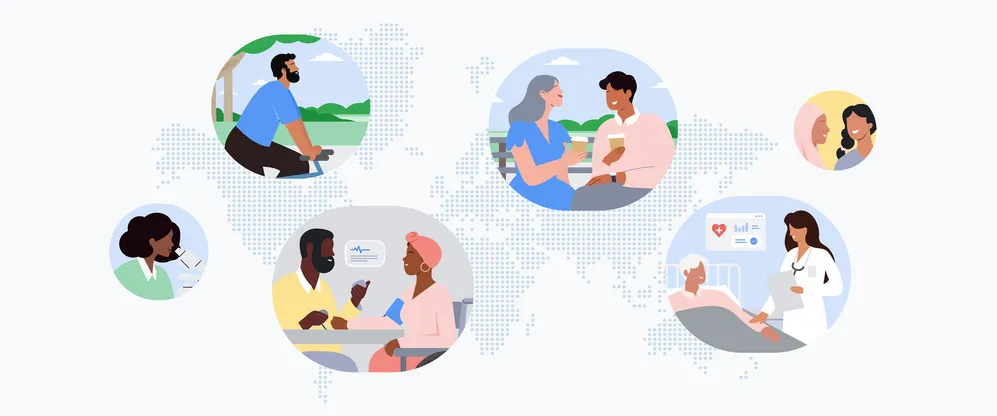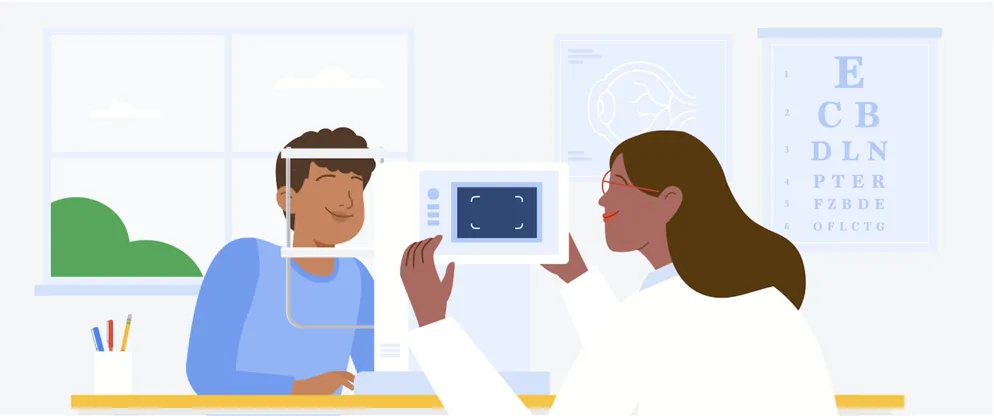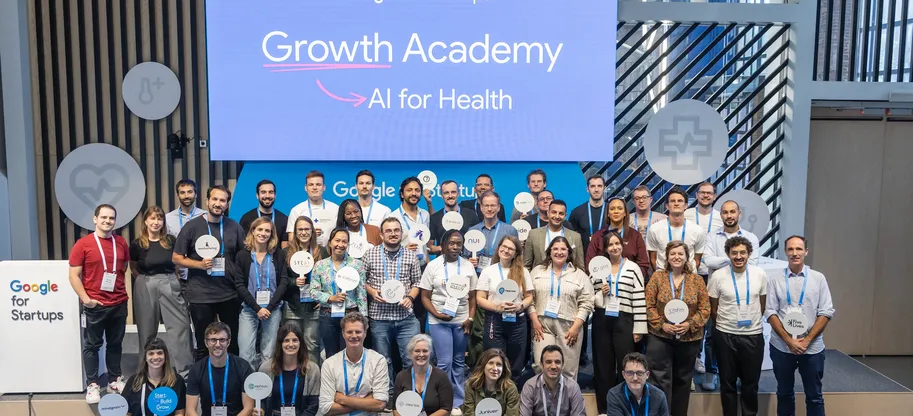New tools to help developers build better health apps
Digital mobile health apps are capable of lowering the barrier to equitable healthcare. They are quickly becoming essential tools to help healthcare workers deliver better care to patients — especially in under-resourced communities. However, it’s been costly and difficult for developers to build tools that share health information across systems and work well in areas that often lack internet connectivity.
Today, at our annual Google Health event The Check Up, we introduced Open Health Stack, a suite of open-source building blocks built on an interoperable data standard. This suite of components makes it easier for developers to quickly build apps allowing healthcare workers to access the information and insights they need to make informed decisions. For example, healthcare workers in rural areas may be able to quickly access the information they need to care for a patient diagnosed with tuberculosis by using these apps, or they can access population health data to better monitor community health.
The building blocks to effective digital health solutions
Digital health solutions built to date have focused on solving for single, disease-focused conditions, leading to data silos and making it difficult for healthcare workers to access the patient information they need. However, over the past few years, Fast Healthcare Interoperability Standards (HL7 FHIR ©) has created an open standard to address these problems and the global digital health community has championed the adoption of it.
With Open Health Stack, developers can more easily build FHIR-based apps, enhance patient privacy and analyze data. One component of Open Health Stack is the Android FHIR SDK which makes data stored on the app secure and accessible offline — so that it’s safe and usable even in places without cell coverage or internet access. Open Health Stack also comes with design guidelines, so developers can quickly adopt best practices to improve the community health worker experience. And we are sharing stories from our partners to showcase how Open Health Stack is being used for different use cases.
How our partners are supporting community health workers
Developers around the world — like Ona, IPRD Solutions, Argusoft, Intellisoft and more — are already using Open Health Stack to build platforms and solutions that are being deployed across Sub-Saharan Africa, India and Southeast Asia. For instance, Intellisoft Consulting, a health IT developer based in Kenya, is building a maternal health app called “Mama’s Hub” to support community health volunteers and pregnant women in rural communities.
Earlier this year, Open Health Stack was certified as a Digital Public Good by the Digital Public Goods Alliance, recognizing that it adheres to data privacy best practices, isn’t harmful by design, and is in service of the United Nations Sustainable Development Goals. We also worked with the World Health Organization to develop Open Health Stack and make it easier for developers to build tools in line with WHO’s recommendations. We hope this suite of components will power the development of solutions that support healthcare workers to deliver data-driven, patient-centered care everywhere.







